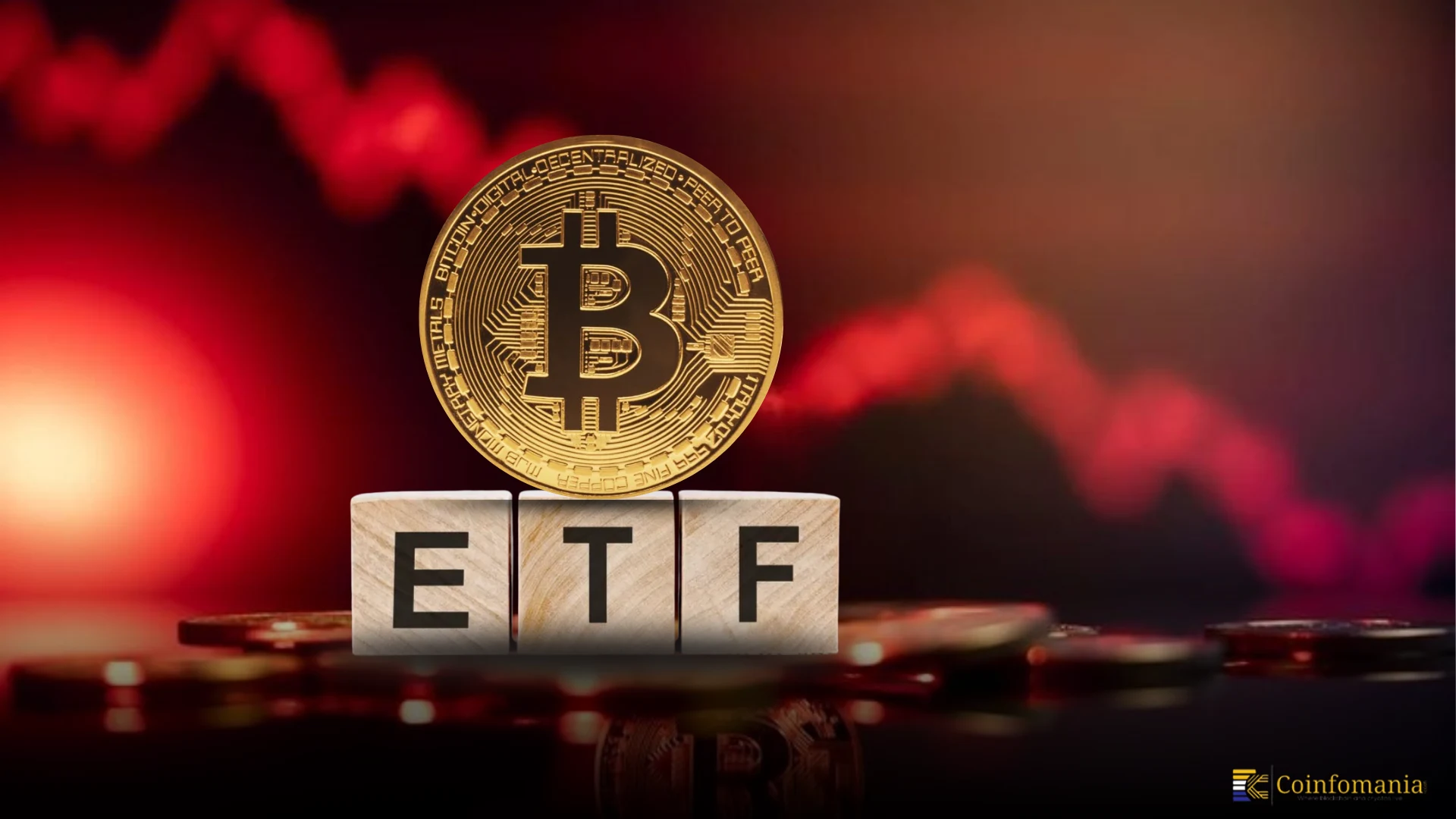Bitcoin ETF Outflows Rise as Stock Correlation Drops—What It Means for Investors
0
0

Bitcoin is showing signs of decoupling from traditional markets, as shifting liquidity conditions and geopolitical uncertainty drive investor behavior. The weakening Bitcoin stock correlation is becoming increasingly evident amid substantial ETF outflows and a re-evaluation of crypto as a strategic reserve asset.
As volatility reigns, Bitcoin’s role is expanding. Arthur Hayes notes that Bitcoin’s price is increasingly influenced by expectations around fiat currency supply. In this light, investors are beginning to treat Bitcoin as a strategic reserve asset, especially during inflationary pressures or liquidity droughts.
Bitcoin ETF Outflows Reflect Market Caution
The recent turbulence in global markets has led to sharp outflows from Bitcoin ETFs. Over $326 million exited the space, with BlackRock’s iShares Bitcoin Trust (IBIT) posting its highest single-day outflow since February. This signals a cautious sentiment among institutional investors, who are rebalancing their portfolios in response to rising geopolitical tensions and shifting macroeconomic policies.
This cautious retreat from Bitcoin ETFs comes as investors reassess risk exposure. The move is not entirely bearish—some traders are rotating capital, not abandoning the asset. These outflows reveal how closely Bitcoin ETF outflows mirror shifts in investor sentiment when global liquidity tightens or macroeconomic uncertainty rises.
Bitcoin’s Performance Diverges from Equities
While Bitcoin’s price initially held strong following recent tariff announcements by the U.S. government, it eventually slipped below the $75,000 level. Despite this decline, Bitcoin’s overall correlation with equities has continued to weaken. Market analysts suggest this divergence is tied to Bitcoin’s rising perception as an independent macro hedge rather than a high-risk tech proxy.
According to Lennix Lai from OKX, Bitcoin is evolving into a “diversification asset” amid traditional market instability. Its behavior during recent sell-offs shows it can act as a buffer, even if temporarily, when traditional investments falter. The decreasing Bitcoin stock correlation highlights this transformation from speculative asset to strategic safe haven.
Conclusion: Decoupling or Redefining?
The evolving dynamics between Bitcoin and traditional markets suggest more than just a temporary divergence—it could be a structural shift. While Bitcoin stock correlation is decreasing, its tie to global liquidity remains firm. ETF outflows show that investor strategy is fluid, often influenced by macro headlines, yet Bitcoin’s growing perception as a safe-haven asset is strengthening.
As the financial world adjusts to new liquidity norms, Bitcoin’s long-term trajectory may depend less on equity market behavior and more on how it fits into institutional reserve frameworks. Investors watching these trends will gain key insights into where the asset class is headed.
The post Bitcoin ETF Outflows Rise as Stock Correlation Drops—What It Means for Investors appeared first on Coinfomania.
0
0
 Manage all your crypto, NFT and DeFi from one place
Manage all your crypto, NFT and DeFi from one placeSecurely connect the portfolio you’re using to start.




